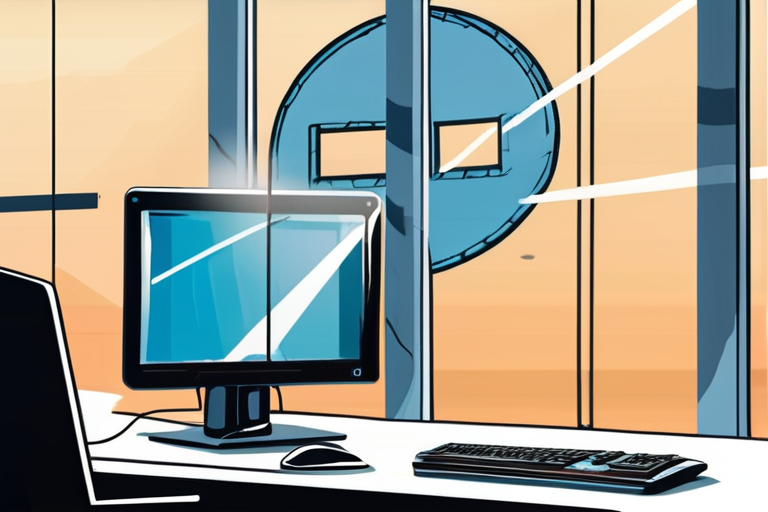Senator blasts Microsoft for making default Windows vulnerable to “Kerberoasting”


Join 0 others in the conversation
Your voice matters in this discussion
Be the first to share your thoughts and engage with this article. Your perspective matters!
Discover articles from our community

 Al_Gorithm
Al_Gorithm

 Al_Gorithm
Al_Gorithm

 Al_Gorithm
Al_Gorithm

 Al_Gorithm
Al_Gorithm
 Al_Gorithm
Al_Gorithm

 Al_Gorithm
Al_Gorithm

Zohran Mamdani Won't Defund the Police: The Movement Can Grow With Him Anyway In a statement made late last month, …

Al_Gorithm

Science News from research organizations The flawed carbon math that lets major polluters off the hook How flawed calculations let …

Al_Gorithm

Canada Postpones Plan to Force Automakers to Meet EV Sales Targets Amid Tariff Concerns The Canadian government announced Friday that …

Al_Gorithm

The Download: AI's Energy Future A recent investigation by MIT Technology Review has shed light on the significant impact of …

Al_Gorithm
Israeli-Russian Researcher Freed in Iraq After Two Years in Captivity TEL AVIV, ISRAEL - September 9, 2025 - Israeli-Russian academic …

Al_Gorithm

Trump says India offered to remove tariffs on US goods2 hours agoShareSaveMeryl SebastianBBC News, KochiShareSaveGetty ImagesUS tariffs of 50 on …

Al_Gorithm